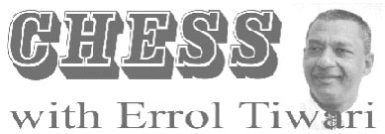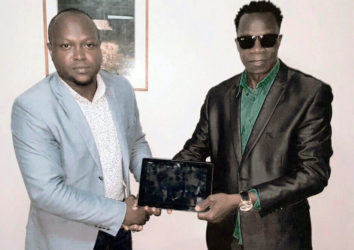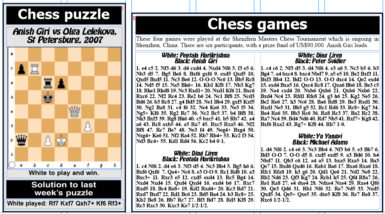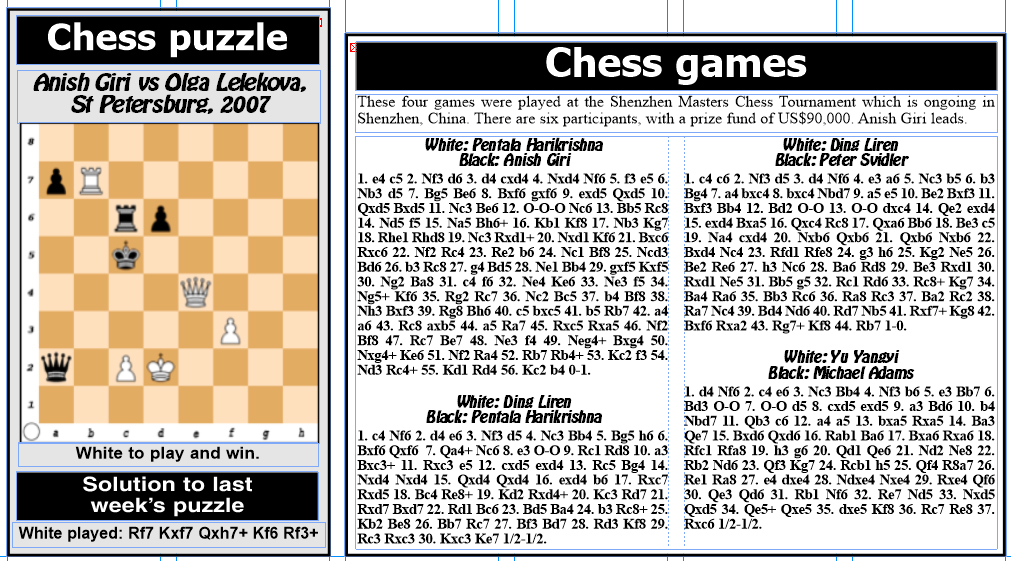
James Bond – president
Frankie Farley – vice-president
Irshad Mohammed – management of local and overseas competitions

Yolander Persaud – securing sponsorship
Natasha Singh – secretary
Davion Mars – treasurer
Committee members: Maria Thomas, Ryan Singh and Anthony Drayton.
The previous secretary of the GCF, Ronuel Greenidge, the GCF Berbice’s representative Krishnanand Raghunandan, and member Rashad Hussein were nominated by Bond immediately after he assumed the presidency to sit on the committee of the GCF. This decisive action would allow the three members of the GCF to participate in decisions of the executive body. There were no objections to the proposed motion. Hussein had earlier presented his candidacy for president of the GCF at the election, but prudently abandoned it, perhaps, as he observed Bond’s wide-ranging support.
Subtly, Bond had employed the ineradicable stamp of a politician which he used with effect to persuade, and sometimes convince persons to support his slate prior to the election. His concept of embroidering the old with the new, represents a progressive ideal for the administration of chess in Guyana.
During the column’s recent interview with Bond, he did indicate he believed in “institutional memory.” One is wont to assume therefore, that the embroidery is not a surplus form of decoration, but, in essence, would serve a purpose. Persons who sit on the executive are resolved to commit themselves steadfastly, and seriously to the upliftment of local chess.
Mohammed, for example, the former president of the GCF, was elected to supervise the conduct of local tournaments, an undertaking for which he is eminently qualified.

Administering chess countrywide, represents a unique form of public service. The duty before us should not to be diminished. Chess possesses a remarkable dignity about it. The day is approaching when Guyana would be internationally recognized for chess prowess, and naturally, we would feel an unutterable joy when we achieve that distinction.
The chess constitution, representing the rules which govern the administration of the game, was crafted in the early 1970s. During his short address following the election, Bond made it clear he would re-examine the chess constitution to “bring it into modern times.” There is a provision for vice-president and the column assumes it is a single one. Since the rules were introduced under the stewardship of then prime minister Forbes Burnham, until the mid-1980s, there was one vice-president, Emanuel Ramao. But these are modern times and the rules may have become obsolete. We have to be careful, however, of not creating something resembling the head of an elephant and the body of an ant. Such a situation could become higgledy-piggledy. For example, one vice-president oversaw in excess of 100 members. Naturally, we have to increase our membership before considerations for change are taken into account. We have to expand.
The column supports the idea of men and women playing chess separately, in different categories as suggested by Thomas. Currently, women compete with men. If this idea comes to fruition, it may make chess more attractive to women.





